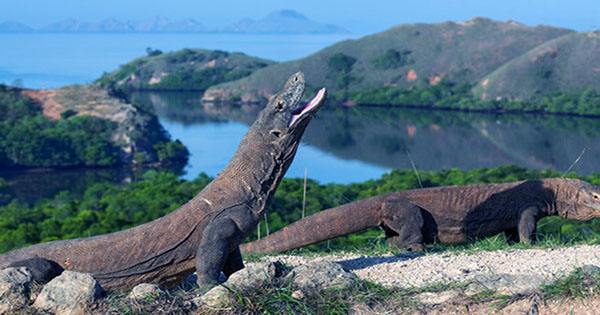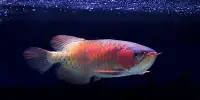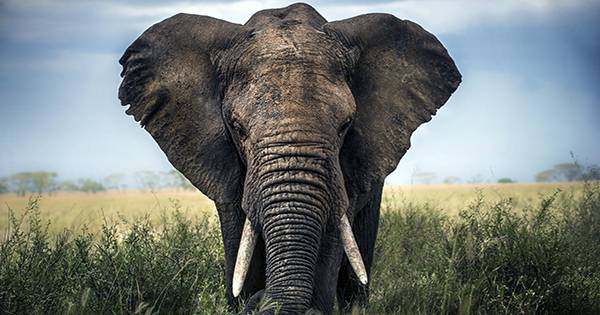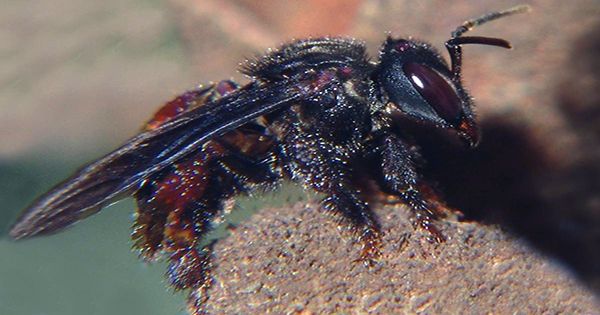Well, that’s a surprise. Just two years after the island of Komodo was declared closed to the public – there have been 2,000 or more people who have lived there for generations – then quickly reversing that decision for deep-pocketed visitors, the Indonesian government has now hit us with a complete wildcard: a real Jurassic Park of Life. Construction of the ambitious tourism project began last year but soon came under criticism after images of a Komodo dragon colliding with a truck went viral on social media.
“This is the first time Komodos are hearing the roar of the engine and the smell of smoke,” wrote a conservation group called Save Komodo Now, which claimed the photo was taken on Rinca Island inside Komodo National Park. “What will be the impact of these projects in the future? Does anyone still think about saving? “But the Indonesian government has rejected widespread criticism of environmentalists, and last month officials from the United Nations Educational, Scientific and Cultural Organization (UNESCO) reported at a World History Committee conference that the island nation has been shutting down its calls lately.
Officials said they made an updated request to the government for an environmental impact assessment, emphasizing the impact of illegal fishing and the destruction of rare dragon (and local human) habitats in the tourism plan. Although a representative of the Indonesian government told Reuters that a new assessment was underway, apparently no one let UNESCO know. Officials as well as many others are concerned that the exact details of the project are still unknown.
Although the government has repeatedly said the project would not pose a threat to the local Komodo dragon population, UNESCO has expressed concern that the new tourist attraction aims to bring about half a million visitors to the island each year – “more than twice as much as before – the COVID-19 pandemic epidemic.” The number of visitors, the report mentions, raises questions about how this tourism model fits the state party’s vision of moving from mass tourism to a more sustainable approach.” There are about 3,100 wild Komodo dragons in Indonesia – and Indonesia alone – more than half of which live on the island bearing their names. Up to 3 meters (10 feet) tall, they are the largest species of lizards and the largest venomous animal on earth.
















